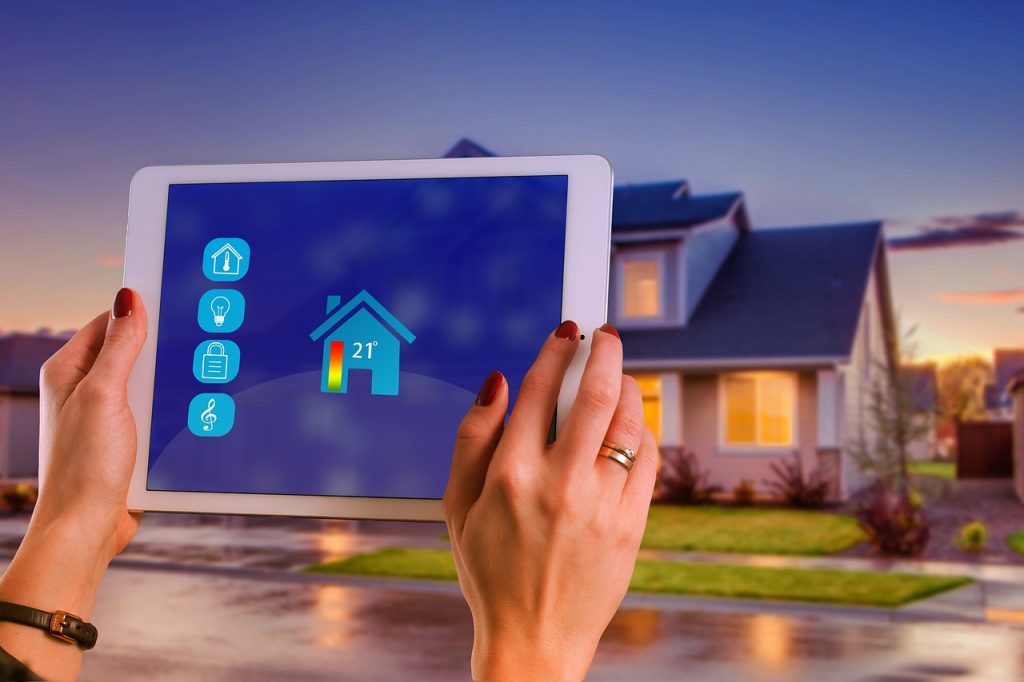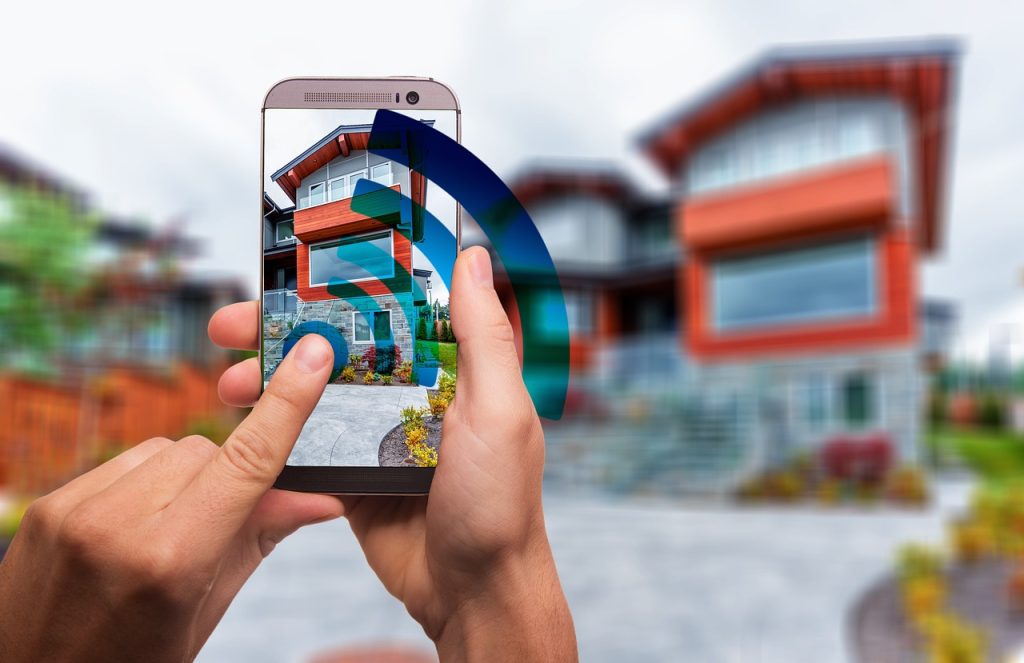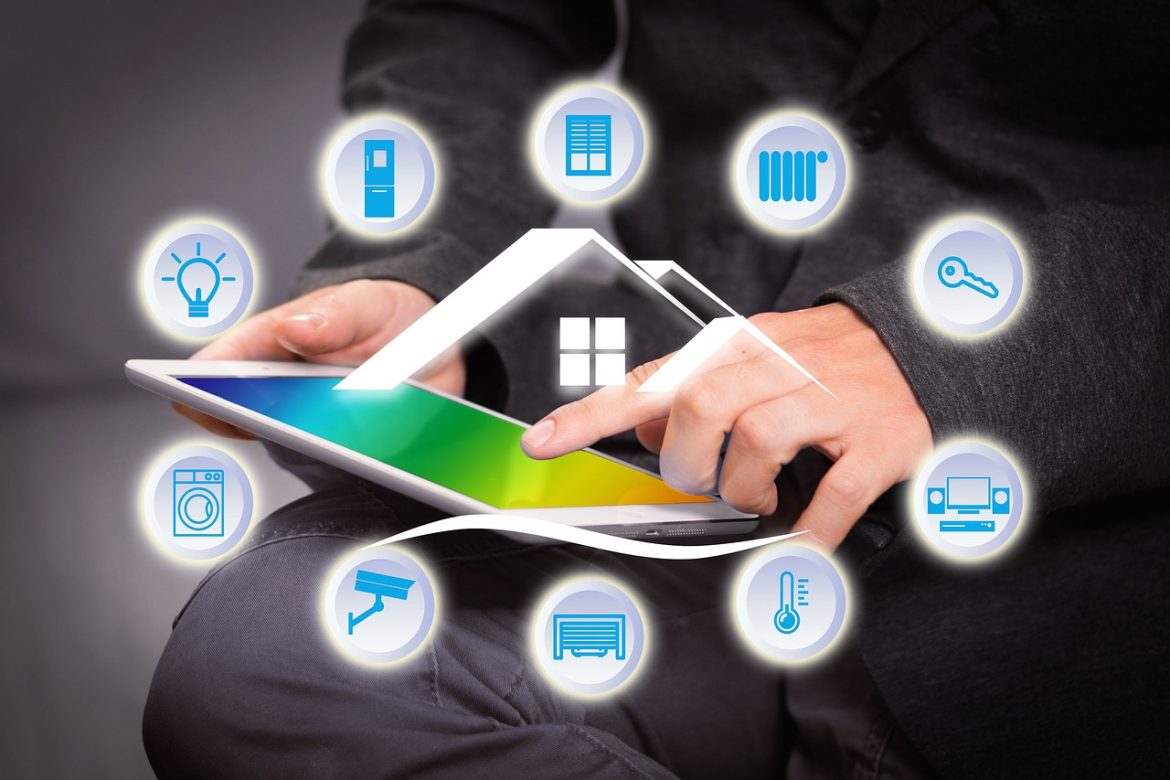Table of Contents
The concept of smart cities represents a transformative approach to urban development, leveraging technology to enhance the quality of life, optimize city operations, and promote sustainability. As the world becomes increasingly urbanized, the need for efficient, adaptable, and resilient cities has never been greater. Smart cities harness the power of technology and data to address urban challenges and create environments that are more connected, sustainable, and livable. This article explores how smart cities are leveraging technology for urban development and the potential benefits and challenges associated with this evolution.

The Smart City Concept
A smart city uses advanced technology to improve urban services and infrastructure, making cities more efficient, sustainable, and responsive to the needs of their residents. The concept integrates various technologies, including the Internet of Things (IoT), artificial intelligence (AI), big data analytics, and advanced communication networks, to create a cohesive and intelligent urban ecosystem.
At the heart of a smart city is a network of interconnected sensors and devices that collect and analyze data in real-time. This data-driven approach allows city planners and administrators to make informed decisions, streamline operations, and enhance the overall quality of urban life. Smart cities aim to address a range of challenges, including traffic congestion, energy consumption, waste management, and public safety, through innovative technological solutions.
Smart Transportation
One of the most visible applications of smart city technology is in transportation. Smart cities leverage technology to create more efficient, reliable, and sustainable transportation systems. Intelligent traffic management systems use real-time data to monitor traffic flow, adjust signal timings, and reduce congestion. These systems can also provide drivers with real-time information about traffic conditions, alternative routes, and parking availability.
Public transportation is another area where technology is making a significant impact. Smart transit systems use GPS and data analytics to optimize routes, improve scheduling, and enhance passenger experience. Real-time tracking of buses and trains allows commuters to plan their journeys more effectively and reduces waiting times.
Additionally, smart cities are promoting the adoption of electric and autonomous vehicles. Electric vehicle (EV) charging infrastructure is being integrated into urban planning, making it easier for residents to transition to cleaner transportation options. Autonomous vehicles, equipped with advanced sensors and AI, have the potential to revolutionize urban mobility by reducing accidents, improving traffic flow, and providing greater accessibility.
Sustainable Energy and Resource Management
Energy management is a crucial component of smart cities, with technology playing a key role in promoting sustainability and efficiency. Smart grids use advanced sensors and data analytics to monitor and manage energy distribution, allowing for real-time adjustments and reducing energy waste. These grids can also integrate renewable energy sources, such as solar and wind power, into the urban energy mix.
Smart buildings, equipped with IoT devices and energy management systems, optimize energy usage by adjusting lighting, heating, and cooling based on occupancy and weather conditions. These buildings not only reduce energy consumption but also enhance comfort and reduce operational costs.
Water management is another critical area where smart technology is making a difference. Smart water meters and sensors monitor water usage, detect leaks, and optimize distribution. This data-driven approach helps cities conserve water, reduce waste, and ensure the sustainability of their water resources.

Waste Management and Environmental Monitoring
Efficient waste management is essential for maintaining the cleanliness and sustainability of urban environments. Smart cities use technology to enhance waste collection and recycling processes. Smart waste bins equipped with sensors monitor fill levels and provide data on waste generation patterns. This information allows waste management services to optimize collection routes, reduce costs, and minimize environmental impact.
Environmental monitoring is also a key aspect of smart cities. Sensors and data analytics are used to track air quality, noise levels, and other environmental factors. This data helps city planners identify pollution sources, assess the effectiveness of mitigation measures, and ensure compliance with environmental regulations.
Public Safety and Healthcare
Technology is enhancing public safety and healthcare services in smart cities. Surveillance systems equipped with AI and computer vision can monitor public spaces for potential security threats, improve emergency response times, and assist law enforcement in crime prevention.
Healthcare services are also benefiting from smart technology. Telemedicine platforms enable remote consultations, allowing residents to access healthcare services without leaving their homes. Wearable devices and health monitoring systems provide real-time data on individual health metrics, enabling early detection of medical conditions and personalized treatment.
Challenges and Considerations
While the benefits of smart cities are significant, there are also challenges and considerations to address. Data privacy and security are major concerns, as the collection and analysis of vast amounts of data raise questions about how personal information is protected and used.
Additionally, the implementation of smart city technologies requires substantial investment and infrastructure development. Ensuring that these technologies are accessible and affordable for all residents, including those in underserved communities, is crucial for promoting equity and inclusivity.
Finally, the rapid pace of technological advancement means that smart cities must continuously adapt and evolve. City planners and administrators need to stay abreast of emerging technologies and trends to ensure that their smart city initiatives remain effective and relevant.

Conclusion
Smart cities represent a paradigm shift in urban development, leveraging technology to create more efficient, sustainable, and livable environments. Through advancements in transportation, energy management, waste management, and public safety, smart cities are addressing the challenges of modern urbanization and paving the way for a more connected and resilient future. As technology continues to evolve, the vision of smart cities will undoubtedly expand, offering new opportunities and solutions for enhancing urban life. However, it is essential to address the associated challenges and ensure that the benefits of smart cities are shared equitably across all communities.

